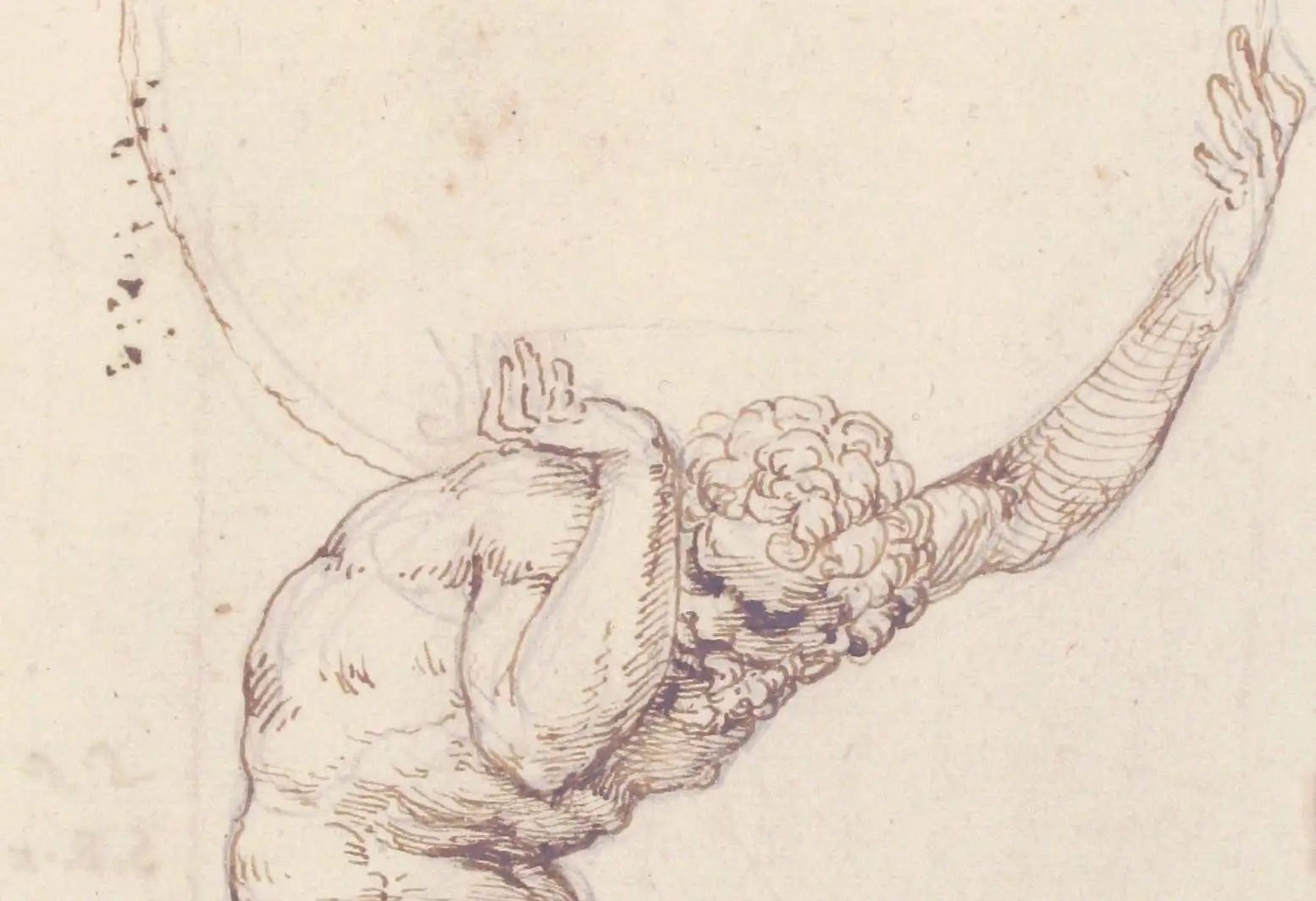Below is an essay that I wrote for a scholarship opportunity based on the book Atlas Shrugged by Ayn Rand. Not only is this novel an amazing read, it also serves as a warning of what life will become if our rationality and reason cease to exist. If you would like to know more about Atlas Shrugged, see my post Why Everyone Should Read Atlas Shrugged.
Note: All of the work below is mine and I do not give rights for it to be used or distributed.
The Loss of Rationality
Who are the Atlases that hold up the world? Out of whose hands does a country’s wealth flow? These are the main questions that Ayn Rand seeks to answer in her renowned novel Atlas Shrugged. Within 1,168 pages, Rand explains how “men of the mind” are pillars of American society as they provide the material goods which are necessary for the country to continue running. Her words describe how “the mind- human thinking and the resulting intelligence -is the primary source of wealth (Salsman).” The bright mind will think, plan, and produce necessary goods, thus aiding in the creation of overall wealth. Some examples of these bright minds from the novel include people like Francisco d’Anconia who produces copper, Ellis Wyatt who produces oil, and Ken Dannager who produces coal. Unfortunately, in this version of America, society overflows with “looters” who seek to prosper vicariously through the lives of the diligent. This unfair narrative, coupled with horrific legislation being passed in Washington, causes these “men of the mind” to go on strike against the world, taking their all-important material goods with them. Atlas Shrugged serves as a dire warning of what life is like when the rational mind ceases to exist.
Francisco d’Anconia is the heir and owner of d’Anconia Copper, the world’s most important mining company. Francisco possesses a unique worldview which Rand defines as the “benevolent universe premise (Peikoff).” This view entails believing that the universe lives on despite what happens to you and that you, as a citizen of this universe, must adapt to it. “But reality is ‘benevolent’ in the sense that if you do adapt to it- i.e., if you think, value, and act rationally -then you can…achieve your values (Peikoff).” Francisco embodied this worldview in every action he made in Atlas Shrugged, including when he intentionally invests in worthless minds and destroys his factories, thus purposely ruining his company. While this act may seem like the opposite of rationality, Francisco made this sacrifice in order to keep the goods that his company produced from being nationalized in a country that does not respect reason. Without d’Anconia Copper and the goods it provided, many other industries begin to suffer. For instance, Taggert Transcontinental, a railroad company operated by the heroin of the novel Dagny Taggert, is forced to put limits on their transportation. This means that the goods which are carried by train, like food, also become scarce.
Ellis Wyatt is an extremely successful titan of the oil industry. His company, Wyatt Oil, not only supplies the world with the fuel to power cities, homes, and factories, but also powers transportation. Dagny relies on him at the beginning of the novel to help power her trains and make the transportation of goods and of people more efficient. However, when Wesley Mouch, the new economic coordinator of the country, issues a series of directives strangling Colorado’s industrial success, it becomes difficult for monopolies like Ellis’ to function. Rather than suffer through seeing his business slowly die, Ellis sets fire to his wells and disappears, leaving the world without oil to run on. His powerful exit from reality births what is known as Wyatt’s Torch, a “defiantly stubborn flame (Rand)” which persists long after Ellis’ wells have been destroyed. It serves as a recurring symbol in the novel that the strikers will not be “extinguished” and that the consequences of their disappearance will live on.
Another material good that disappeared from the world was coal. Ken Danagger, the owner of the largest coal company in Pennsylvania, was the only reliable source of the product. Dagny even described his company as “the only source of fuel she could count on and deal with (Rand).” When oil can no longer be drawn from Ellis’ fields, much of the country must resort to coal as a fuel for everything, making this material good even more valuable. Unfortunately, due to destructive laws that were put into effect, Ken resorts to making illegal dealings with his friend Hank Rearden, causing him to be arrested. He soon goes on strike against the government and disappears along with his other talented counterparts.
While copper, oil, and coal are important, there is another type of material good that was lost in Atlas Shrugged. This good is not tangible like the ones previously discussed, but rather, exists in the minds of citizens. It is the hard-working spirit. Rand explains in her novel that the mind “directs not only physical labor but also the labor of production (Salsman).” In other words, a hard-working spirit that lives in the mind of the populace is vital for production to occur. Unfortunately, people in this fictional world are expected to labor to the best of their ability, but they are only paid according to their level of need. This “social responsibility” angers the few diligent workers that remain as their labor is not being compensated. As a result, the hard worker becomes another problematic commodity to find and the loss of their character and talent leads to the disarray of everything else.
In the present reality of America, the hard-working spirit that every worker used to possess is fleeting. With so many social programs and unemployment benefits, the populace no longer has many incentives to get jobs, causing a crisis of worker shortages. The few who do possess enough fortitude to get a job often end up being incompetent workers who believe that they are entitled to a paycheck even when they possess a negligent and unprofessional character. This crisis has caused the remaining diligent workers to fall by the wayside as they are expected to pick up the slack left behind by their lazy coworkers. If not inhibited, this spiral will continue to move downward until the America of today is no different from the America of Atlas Shrugged: one where the talented are no longer there to support the world, leaving the lazy to their own demise.
In conclusion, Ayn Rand paints a picture that shows the world as it would be if the hard-working and the talented disappeared. She shows how those who dare to think freely, who dare to reach their fullest potential, and who dare to prioritize reason are the ones who carry the world on their shoulders. Without these Atlases, the world suffers from a lack of talent, production, and wealth. Atlas Shrugged is more than just a good book, it is a warning. A warning of what will come if we force our own Atlases to shrug.
References:
- Rand, Ayn. Atlas Shrugged. Signet, 1996.
- Peikoff, Leonard, “The Benevolent Universe Premise.” Ayn Rand Lexicon, aynrandlexicon.com/lexicon/benevolent_universe_premise.html#:~:text=There%20is%20a%20fundamental%20conviction. Accessed 22 Sept. 2022.
- Saint-Andre, Peter. “The Mind on Strike: Atlas Shrugged as the Revolt of the Engineers.” Stpeter.im, stpeter.im/writings/rand/revolt.html. Accessed 23 Sept. 2022.
- Salsman, Richard, “Economics in Atlas Shrugged.” The Objective Standard, https://theobjectivestandard.com/2011/02/atlas-shrugged-economics/. Accessed 24 Sept. 2022.
[BTEN id=”289″]


Leave a Reply